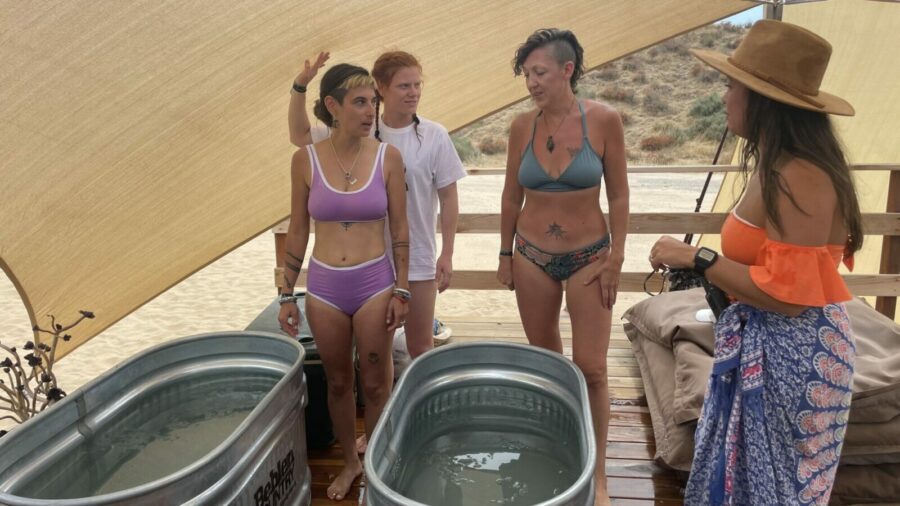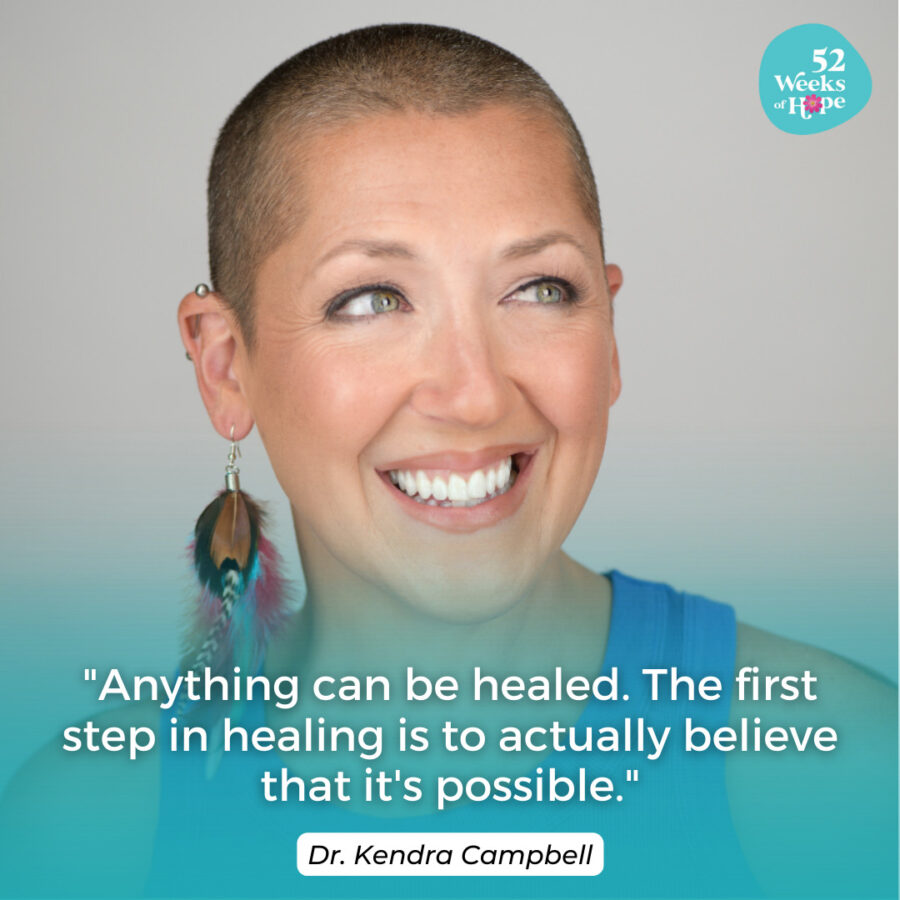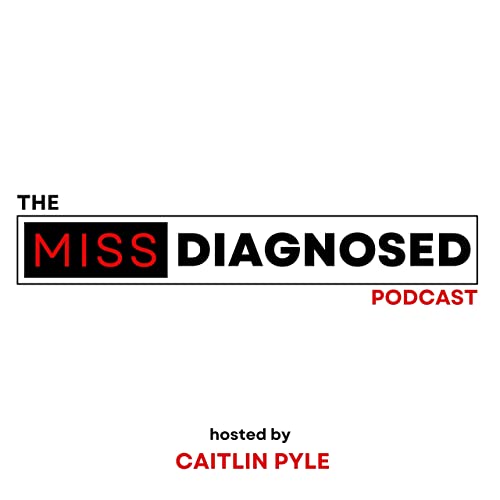We all need more rest. No, that doesn’t mean more time not working, or more time in front of the TV, or more easy workouts, or even more time sleeping. Rest, as I define it, is simply doing nothing. You are intentionally giving your brain a break. Many people will tell you that this is “being lazy”.
Try something for me: Get comfy in whatever position you’re reading this blog in. Close your eyes. Take three deep breaths, then open your eyes. Don’t read on, just do it.
How did it feel? Perhaps it felt uncomfortable, uneasy. Your brain might’ve spent the entire time wondering, why are we doing this? Maybe you didn’t even do it at all because you don’t trust whoever is writing this blog post (For which I can’t blame you. We were taught to not trust strangers, after all.) It’s also possible that you were able to find a moment of rest – your diaphragm moved air in and out of your lungs, the lines on your forehead softened, your jaw relaxed, your thoughts slowed. It’s luxurious, isn’t it?
Rest is hard. So hard, that most of us avoid it all costs. I didn’t learn how to rest until my body and brain didn’t give me another choice. If you’re anything like me, your brain is constantly going, constantly working on something. And it wants to be that way. Brains are really good at picking out at adhering to patterns. Once the brain learns that busy is the way to be, it likes to be busy.
When you’re resting, you are still awake and aware, but you are telling your brain that it’s okay to take a breather. You could compare it to passive meditation. Intentionally resting is kind of like sending your brain to its room and telling it to chill the f*ck out.
It can go a couple of different ways:
- Your brain will protest and complain. You’ll have thought after thought after thought. You’ll feel restless. This is the literal opposite of what we’re going for. Basically, your brain is throwing a temper tantrum. It wants to keep running the show and it really doesn’t like being told what to do.
- Your brain will immediately understand what’s happening and you’ll wake up an hour later after the best nap ever.

I took a meditation class once that taught me to treat my brain like a puppy. You expect it to be unruly and difficult. It’s not going to sit when you ask it to or stop chewing on your shoes just because you want it to. When you take a moment to rest, you know your brain will resist. That’s what brains do! Resting is not something it knows how to do all that well. So, you do what you would with a puppy. You patiently and calmly remind it what it’s supposed to do. You show it how to sit and you distract it from chewing on the shoes with something less destructive. It requires a ton of patience, but you do it out of love. That puppy drives you absolutely bonkers, but gosh darn it you just can’t help but love that sweet little face!
When I finally learned to rest, I had reached a point in my life where I was too depressed to move and too anxious to fall asleep. I’m so grateful for the trusted voices that gave me the word for what I was doing. They validated my experience and assured me that it was okay to lie there, awake, and do nothing. In fact, they told me that might be exactly what I needed to do. I started to see rest as intentionally carving out time to just be with myself as I am.
I had so many wonderful realizations and lightbulb moments during those times. I watched my brain start to tell me the things I needed to hear. There were also many, many times where I did nothing but cry. And even more moments when I wondered what the heck I was doing. Something kept me there, in the stillness. That’s the beauty of rest – you get out of it exactly what you need. Rest gives your mind and body a chance to slow down for long enough to begin realizing what the heck they actually need, including when it’s time to move again.
Remember that there is no right or wrong way to do this. Resting is likely a new thing for you and it will take time to learn. It is a skill just like any other. Remember to be patient with your puppy brain. Once you begin to teach your brain to rest, it will start to tell you how it likes to rest. Maybe you find that some chill acoustic guitar music or a fuzzy blanket – something that your brain finds soothing but not distracting – add to your experience of rest. There are a multitude of ways to do it. You’ll figure out the ones that are right for you. To start, all you have to do is close your eyes.






Beautiful! Thank you for this poignant reminder! I did close my eyes and rest…and it felt great. :-)
Very beautifully expressed… going deeper and deeper into it…
I have never thought of my brain that way. I have always wanted a puppy and one was right with me all along!!!
Love this.